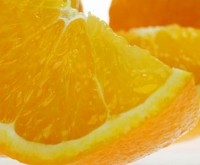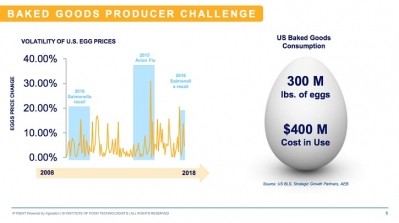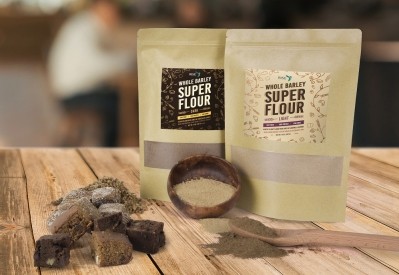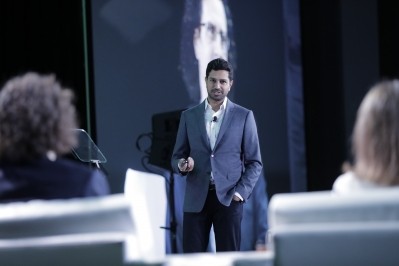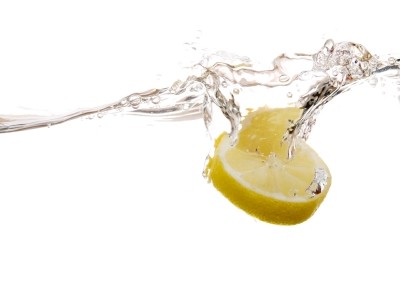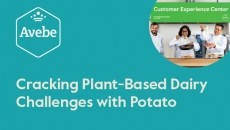Orange juice giant tackles food waste with 'dynamic cellular disruption' technology

The agreement – for an initial two-year period - will see Citrosuco hold the exclusive licensing rights to GCT’s DCD process for the global orange juice and orange-related specialty ingredients market, GCT CEO Roy Henderson told FoodNavigator-USA.
"There are numerous benefits that the disruptor technology brings to the table, including increased yields, reduction in waste and new product development. However, due to the terms of the licensing agreement, the companies cannot be specific at this stage, suffice to say though, that the opportunities are endless and meaningful – for the manufacturer and, more importantly for the retailer and the end user.
"Generally speaking, the clients who are approaching GCT are interested in supplying the demand for better use of all of the available raw material to supply the global demand for more natural products that have greater nutrition."
It’s like a large scale Vitamix without the blades
So what does a DCD machine do?
A DCD machine is a bit “like a large scale Vitamix without the blades that uses pressure and other physical forces that breakup the cellulose network that holds plant cells together,” explained Tim Avila, president of Systems Bioscience Inc - a California-based consultancy serving as the sole designated agent for GCT in North America.
“You could also think of it as a vortex, a bit like a Dyson vacuum cleaner.”
This enables manufacturers to create new, more nutritious foods and beverages, or produce existing products – such as orange juice - more cost-effectively without heat or chemicals, by delivering higher yields and reducing food waste at source, without denaturing the product, he said
So how does it work?
First, DCD breaks down plant matter – including insoluble fiber - into very small, micronized particles, so instead of pressing fruits and vegetables to extract the juice and being left with a ton of pulpy fibrous material, you could use the entire fruit, nut or vegetable (skin, pips and all), making for a better yield, no waste, and a ‘greener’ end product that retains the fiber and other nutrients in the whole plant, said Avila.
Applications range from nut and seed butters, vegetable sauces, gazpachos, babyfood, smoothies, and juices with far more fiber than regular juice. Similarly, DCD enables you to create chili sauce more quickly and cheaply by avoiding the need to ferment the chilies in brine or add vinegar to halt the fermentation process, he explained.
“Instead of leaving chilies to steep in brine to draw out the flavor, and then discarding the skins and seeds before using them in a sauce, you can push the whole chili (skin, seeds, stalks and all) through the disruptor at the same time as a brine solution, producing a raw chili sauce ready for consumption without the waste.
“The cells structures in the chilies are instantly opened, releasing the active compounds which are taken up into the brine solution, immediately infusing flavor.”
Citrosuco operates three processing plants in São Paulo, Brazil, and one facility in Florida, with a collective production capacity equivalent to 40%+ of the annual volume of orange juice produced and exported by Brazil.
It makes not-from-concentrate orange juice, frozen orange pulp and citrus pulp bran, frozen concentrated orange juice, citrus oil extracts, essences, and soluble orange solids extracted with water.
Bioavailability boost
Second, the DCD process effectively liberates phytonutrients and makes them more bioavailable without denaturing them by using heat, chemicals or harsh mechanical processes, he said.
"Cellulose is being disintegrated to micron size; the phytochemicals are liberated so they can be more easily presented to the human gut and more accurately measured by chemical analysis yielding higher numbers on a certificate of analysis."
The majority of the projects we are busy with will achieve ROI within the first year/season
But how costly is it, and what level of interest has there been from the food and beverage industry?
The DCD machines cost "less than one million dollars with a likely ROI (return on investment) time of 18 months if you have a reasonable volume,” said Avila. "But this is highly dependent on volume and cost of goods flowing through machine."
Henderon at GCT added: "GCT has yet to be engaged in a project where we cannot see an amortization of the investment in less than the standard norm of three years. The majority of the projects we are busy with at present will achieve ROI within the first year/season. With wine manufacture it is 90 days."
